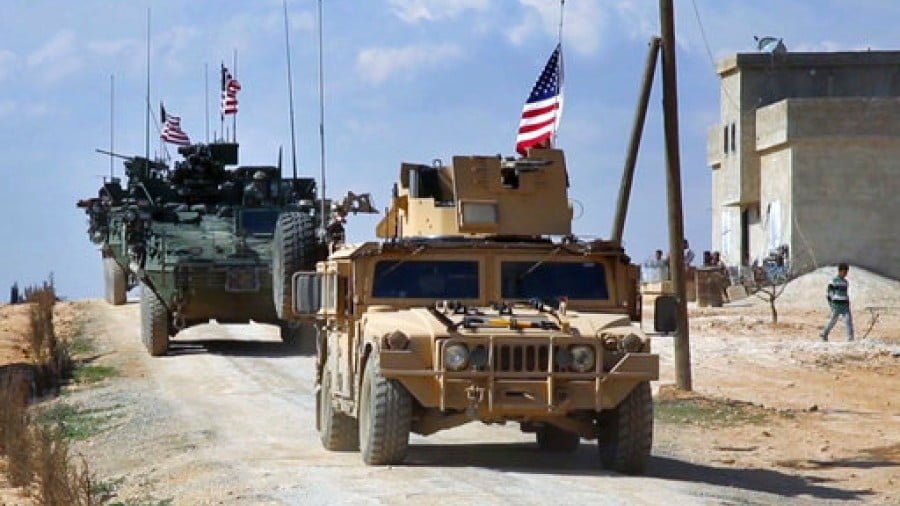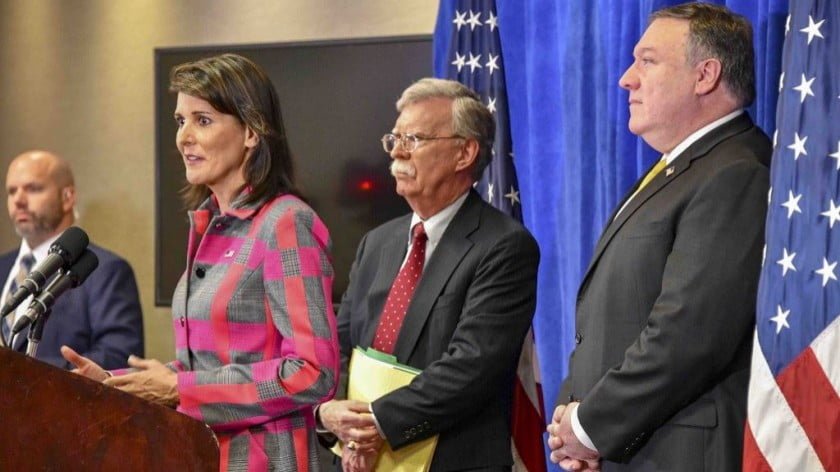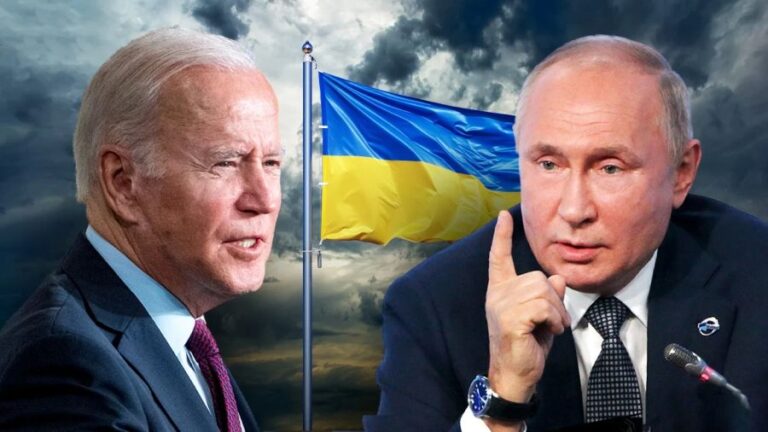Unity vs. “Decentralization”: The True Meaning of Syria’s Manbij
A Kurdish representative from the American-backed “Syrian Democratic Forces” informed Sputnik last week that the Syrian Arab Army (SAA) might take control of Manbij, which has yet to be confirmed by Damascus but still warrants a brief analysis. President Erdogan earlier warned that “Operation Olive Branch” could be extended to this city on the west bank of the Euphrates River once the Afrin campaign was completed, and then his government indicated that a possible deal might have been reached with the US to jointly occupy the city in exchange for the YPG’s peaceful retreat.
This latest news would throw both of those possibilities into doubt since it would basically constitute the Kurds using the SAA as a tripwire for deterring any forthcoming Turkish strike, assuming as they appear to be that Turkey is bluffing when it previously threatened to strike Syrian forces that protect Ankara’s Kurdish enemies.
In exchange for the Syrian military assuming the role of “human shields” in “saving the Kurds” from Turkey, the idea is that Damascus would be able to restore its constitutional sovereignty over this region just like President Assad has promised that he’ll do to “every square inch” of the country. For as clever as this might sound on paper, it’ll be comparatively more difficult to pull off in practice, as can be seen from the situation in Afrin, where Damascus has been reluctant to deploy the SAA precisely because of its presumed fear that Turkey will in fact attack it and put Damascus on the spot over whether its war-weary troops should respond or not.
It’s for this reason why the decision was made to send pro-Damascus militia units instead, since these could theoretically be attacked by the Turks without automatically compelling the Syrian government to respond in an official state-to-state capacity.
Given the precedent that was established in Afrin, it’s possible that the same approach could be used in Manbij, but the question inevitably arises about what the US would do in that scenario since it has troops in the city. It’s unlikely that Trump and his stern Secretary of Defense James Mattis would agree to withdraw without receiving anything from Damascus for doing so, though at the same time it’s hard to imagine the SAA patrolling the city alongside the same American troops who they rightly condemn as occupiers. If the US doesn’t leave Manbij, then they might end up clashing with any of Damascus’ forces – whether official or militia – who enter the area, which could be what the Kurds are counting on or possibly even conspiring with Washington to provoke.
Another point to make is that even if the US peacefully withdrew, this wouldn’t necessarily be from a position of “weakness” but “pragmatism” because it would suggest that a deal might have been made with Russia to “smooth out” the “geographic anomalies” of the so-called “deconfliction line” along the Euphrates by repositioning all US and SDF forces east of the river as a “compromise” for facilitating a “political solution” to the war. As was proven by the controversial event in early February around Deir ez-Zor, the Pentagon will disproportionately respond to any non-allied forces who cross the frontier, and this reality could possibly lay the basis for the de-facto “crystallization” of Syria’s internal divisions so long as Damascus tacitly “formalizes” it through “decentralization” or “federalization” clauses in its forthcoming UNSC Res. 2254-mandated “reformed constitution”.
By Andrew Korybko
Source: Oriental Review







